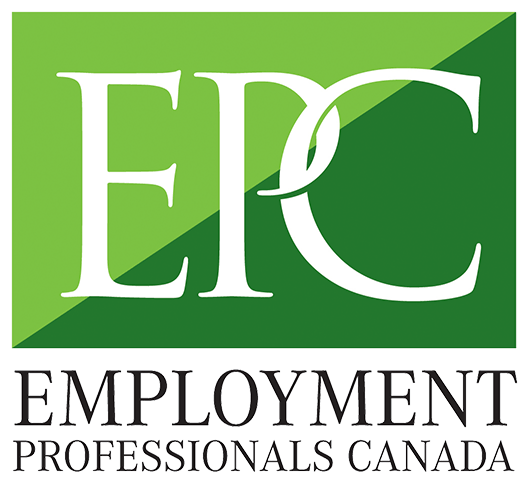You look great on paper. Your skills match the job description perfectly. But you get to the interview and everything just falls apart.
Sound familiar?
Interviewing poorly is a common problem for many job seekers. When you let your nerves get the best of you and fail to communicate well, it’s difficult to meet your professional goals.
Developing great communication skills is the first and most important way to avoid running into interview trouble. Once you have a few key skills down, it’s much, much easier to keep your composure under pressure.
The following are some great ways to improve your interviewing communication style.
Watch your body language.
When you’re communicating in person, your body language matters just as much as—if not more than—what you’re saying. During an interview, make sure that your posture is good and that your arms are loose and relaxed (as opposed to crossed tightly near your chest). You may also want to consider mirroring the body language of your interviewer. For example, if they lean forward, subtly lean forward as well. This shows that you’re fully present and engaged in the conversation. You’d be surprised how much an interviewer can tell about you just from your body language.
Eye contact.
It’s common knowledge but it bears repeating: make eye contact with your interviewer. Most of us have a tendency to look down or away when we’re nervous or thinking on our feet. Try your best to avoid this. Solid eye contact communicates confidence and understanding. If eye contact is something that you struggle with, consider practicing on a friend or family member before the interview.
Say their name.
At the start and end of the interview, use the interviewer’s name, i.e., “Nice to meet you, _____” and “Thanks so much for having me, ______.” It may seem like something small, but this kind of personal attention to detail really goes a long way with a prospective employer.
Be Direct.
It’s sometimes difficult to be clear and concise when you’re nervous, but nothing sounds worse in an interview than long-winded, meandering answers. Give direct, assertive answers whenever possible. Try to stay on topic and show that you value the interviewer’s time. And if you get caught off guard, simply ask for a quick second to think about your answer before speaking. Your interviewer won’t mind this at all if it means a more thoughtful answer.
For more great tips on how to improve your interview communication skills, contact Employment Professionals Canada. As experts in the field, we’d be happy to help you brush up on your skills!

